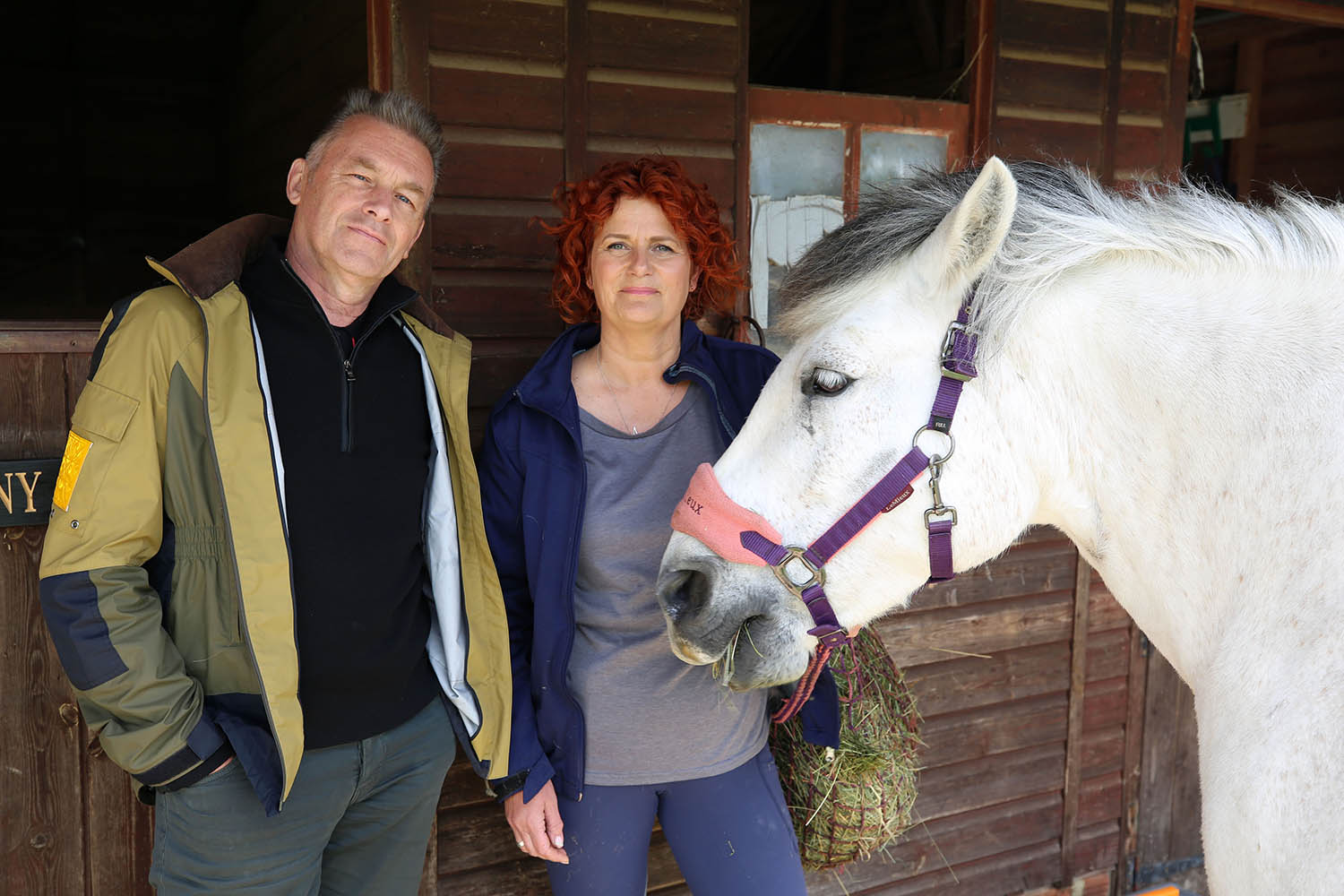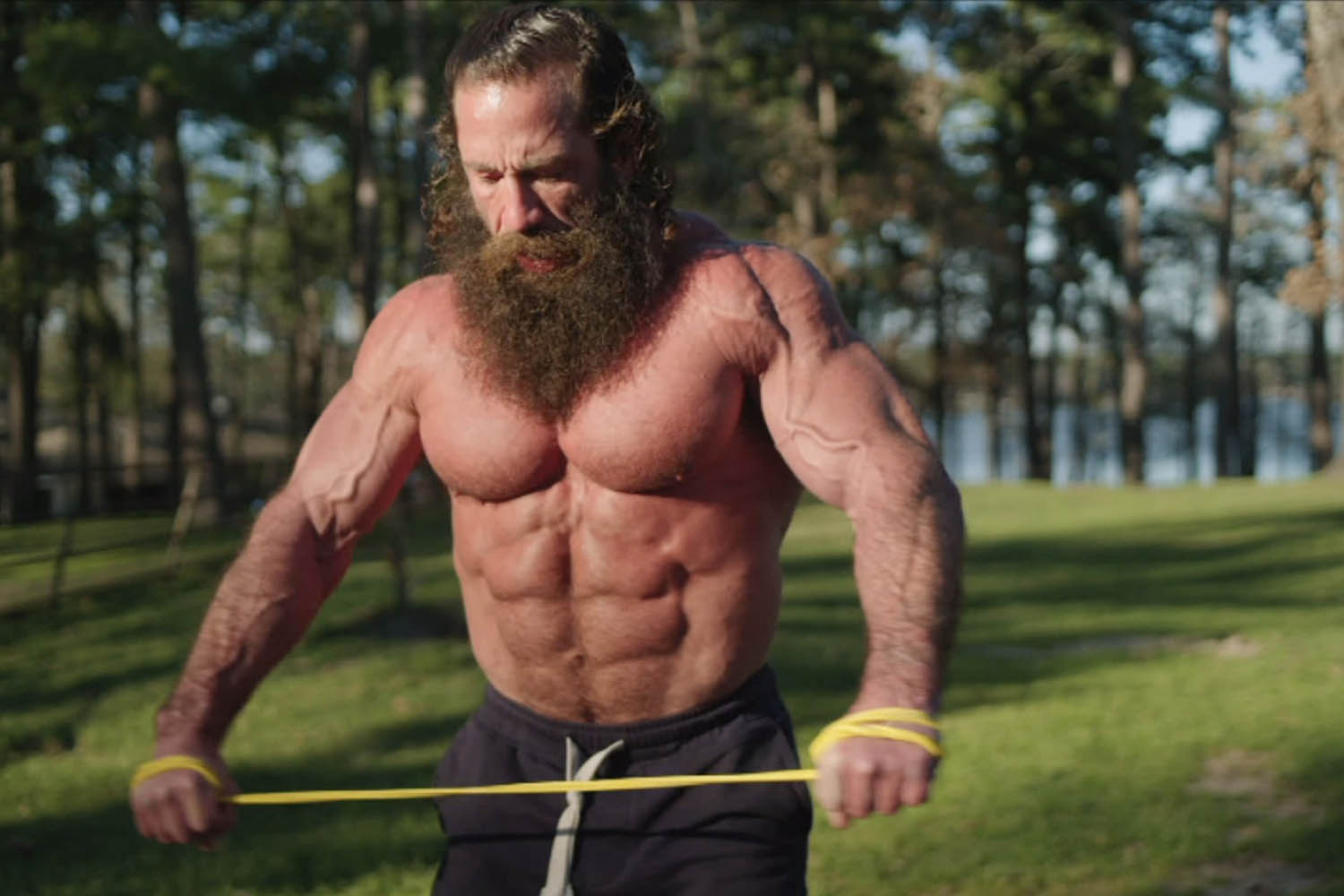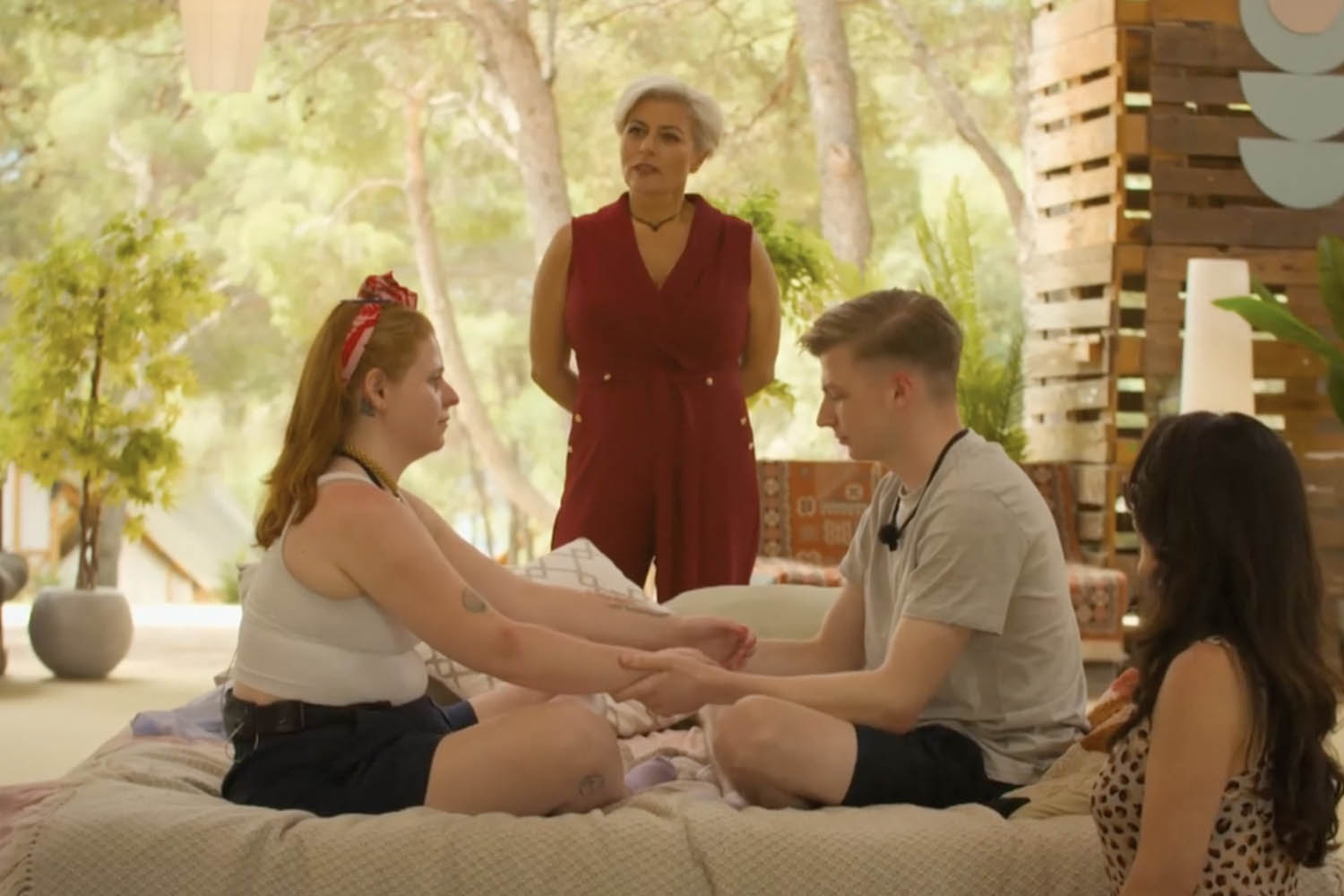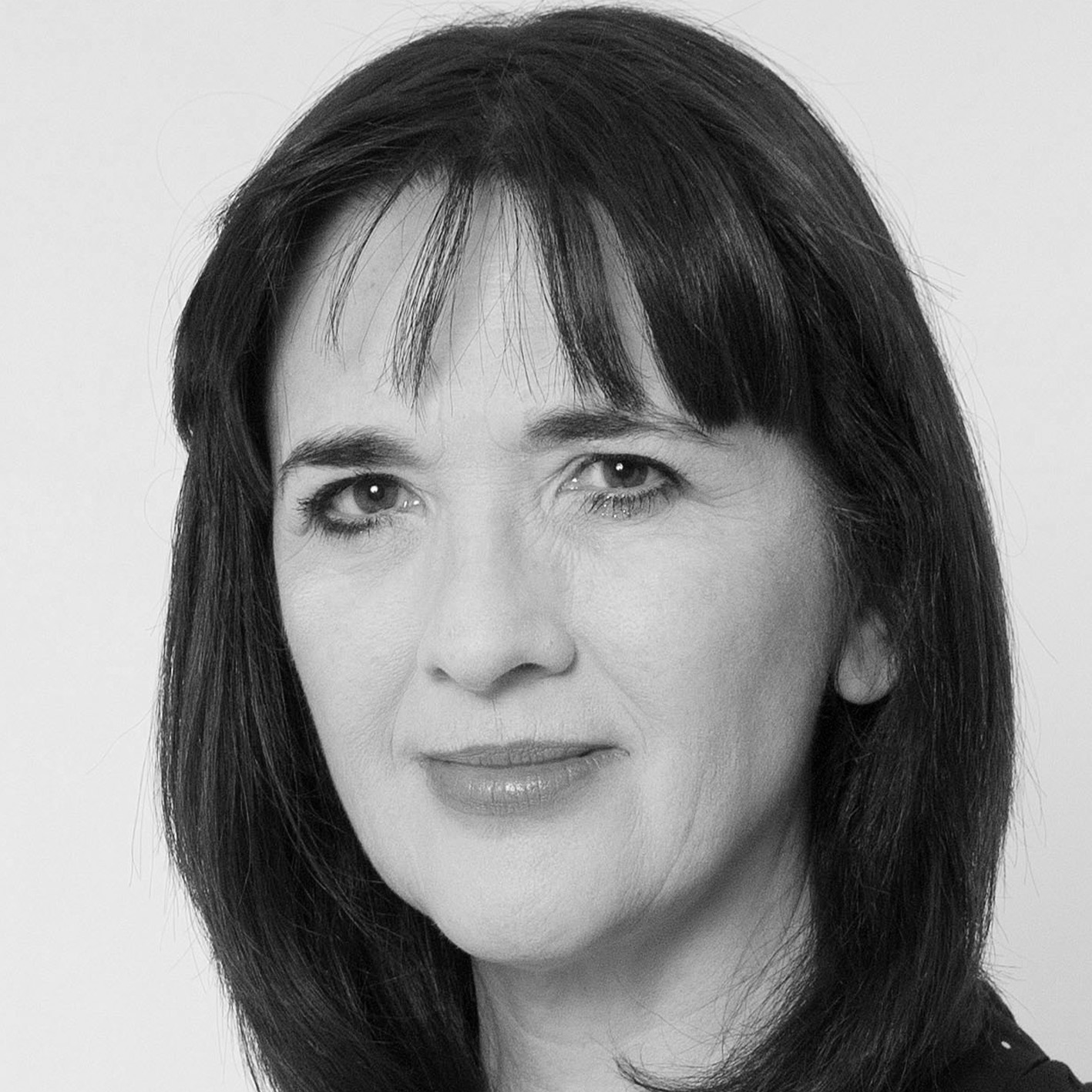Virgin Island Channel 4 Inside Our ADHD Minds BBC Two Fred and Rose West: A British Horror Story Netflix Murderbot Apple TV+
Watching the new Channel 4 series Virgin Island, you wonder what it’s trying to achieve. Set on a Croatian island, it presents itself as a “social experiment” to coach repressed twentysomething virgins into becoming sexually active.
It seems, however, to mainly comprise orgasmic sighing and erotic writhing from the perma-smiling hipster sexperts, most of whom look like the sort of people you’d run a mile from at a make-your-own-kombucha stall at Glastonbury.
The “virgins” look awkward as they watch the first exercise: sex guru Danielle heavy breathing with gusto as she’s rammed against a wall by a male “sexologist”. As one virgin observes: “It’s like watching a sex scene with your parents but times 100.” It’s a shame, because, despite the daft title, Virgin Island had the potential to be interesting, quoting University of London research that one in eight 26-year-olds are virgins, compared with one in 20 in previous generations. Why is celibacy, involuntary or otherwise, increasingly prevalent in gen Z? What havoc has the deluge of online hardcore porn and the perma-swiping blankness of dating apps wreaked on young minds?
In the two episodes I’ve seen, none of this is properly dealt with. More troublingly, some of the virgins are clearly struggling with rock-bottom self-esteem, debilitating anxiety and crippling body dysmorphia. They are led through group exercises – one is termed a “shame bonfire” – and private encounters with therapists to get them accustomed to erotic touch (male sexologists are noticeably less hands-on with the female virgins).
If it becomes wearisome watching therapists moaning into faces and undulating on laps, you’re queasily aware that this is just televisual foreplay, so to speak. The most controversial element of Virgin Island is that there are “surrogate partners”, whose role is to have full sex with the virgins. Though evidently not fast enough for one participant, who starts requesting it after one session: “That’s why I came here,” he says, with admirable candour.
The odd funny moment aside, you hope Channel 4 remembers its duty of care and refrains from showing any footage of participants actually having sex. So far this social experiment feels like a cross between a strangely seedy first-aid tutorial and the world’s dullest swingers’ party. Here lies the essential irony of Virgin Island – it’s a programme about embracing sex that’s a giant turn-off.

In 2023, wildlife presenter Chris Packham made the documentary Inside Our Autistic Minds, which served as a fascinating insight into the neurological reality he and other autistic people live with. Now he uses the same approach for Inside Our ADHD Minds (BBC Two), highlighting attention-deficit hyperactivity disorder, a condition that can cause disorganisation, inattentiveness and impulsivity. “I don’t like calling it a disorder,” says Packham. “It’s more of a difference in the way the brain works.”
Packham looks into debates surrounding ADHD, from estimates that it can affect one in 20 people to alleged overdiagnosis. However, the magic dust of the Inside Our Minds series (the next instalment is a look at dyslexia) is in the short personal films made by two members of the public, included in each episode, which outline to family and friends how their condition feels.
This time we meet Henry, a bright, engaging twentysomething tour guide whose ADHD embroils him in chaos, from poor timekeeping to the piles of clothes littering his flat. In his film, Tombola Man, he’s bombarded with balls, representing the pandemonium of his brain. The second film is by Jo, who was only diagnosed when the menopause made her ADHD excruciating. She expresses herself through dance music, saying urgently: “I’m not too much – I was never too much.”
Newsletters
Choose the newsletters you want to receive
View more
For information about how The Observer protects your data, read our Privacy Policy
A key strength of these documentaries is Packham’s unruffled sensitivity; the talent he has for making often misdiagnosed, misunderstood interviewees feel secure enough to open up. These aren’t just well-crafted productions representing the neurodiverse community – they’re enlightening for everyone.
Three-part Netflix docuseries Fred and Rose West: A British Horror Story relates the couple’s sickening crimes, which were discovered in Gloucester in 1994. After Fred hanged himself in custody the following year, Rose was found guilty of collaborating in most of the murders.
You could wonder at the point of another grisly documentary, but it’s a cautionary tale that bears repeating
You could wonder at the point of another grisly documentary, but it’s a cautionary tale that bears repeating
The remains of sexually tortured female victims were dug up at the Wests’ house and elsewhere (the official count is 12, but it seems likely there are more). One victim was their daughter Heather. We hear an audio recording of a chirpy, matter-of-fact Fred relating how he strangled her with electrical flex and dismembered her with a bread knife.
So it goes gruesomely, relentlessly on. The couple were initially investigated because their children, the ones who were still in their care and themselves abused, kept alluding to their sister Heather’s body under the patio. Others who fell into the Wests’ clutches included care home runaways (one victim was reportedly pregnant with Fred’s child). While Fred initially insisted that Rose was innocent, it transpired he was in prison when his stepdaughter Charmaine, from his first marriage, was killed (he also murdered his first wife).
In a hellish, complicated case, not all of it makes it into the series, and there is little new here, bar unearthed police audio recordings. Still, there’s restraint, and respect for the victims and their grief-stricken families. You could wonder at the point of another grisly documentary, but the number of years the Wests got away with their crimes is a cautionary tale grim enough to bear repeating.
On Apple TV+, Chris and Paul Weitz’s Murderbot is a 10-part black-hearted sci-fi comedy based on Martha Wells’s The Murderbot Diaries. Alexander Skarsgård stars as a malfunctioning AI bot taken on a space mission to protect a futuristic eco-team, including team leader Mensah (Noma Dumezweni) and augmented human Gurathin (David Dastmalchian). Having secretly overridden his programming, Murderbot’s internal monologue reveals him as contemptuous of “stupid fucking humans”.
If Murderbot is dystopian, it’s the semi-skimmed version. Skarsgård is convincing as a blank-faced bot, and Murderbot’s personality is reminiscent of Bender, the insubordinate, misanthropic robot in Futurama. A few episodes in, the tone remains choppy: Murderbot needs to work out whether it wants to stoke our AI anxieties or merely spoof them.

The best of the rest
Untold: The Liver King (Netflix) A docu-film about disgraced US sensation the Liver King (Brian Johnson), who made millions and fascinated the world with his ultra-paleo nutrition ethos, protein supplements and brawny caveman physique, until it was discovered he took a growth hormone.
Unforgotten: The Bradford City Fire (BBC Two) A harrowing documentary about the Bradford City football stadium fire that claimed 56 lives in 1985.
I Kissed A Boy (BBC Three) Second series of the wonderfully lively, candid LGBTQ dating show, and the second opportunity for gay men to find amour (lesbians featured last time). Again hosted by Dannii Minogue.

